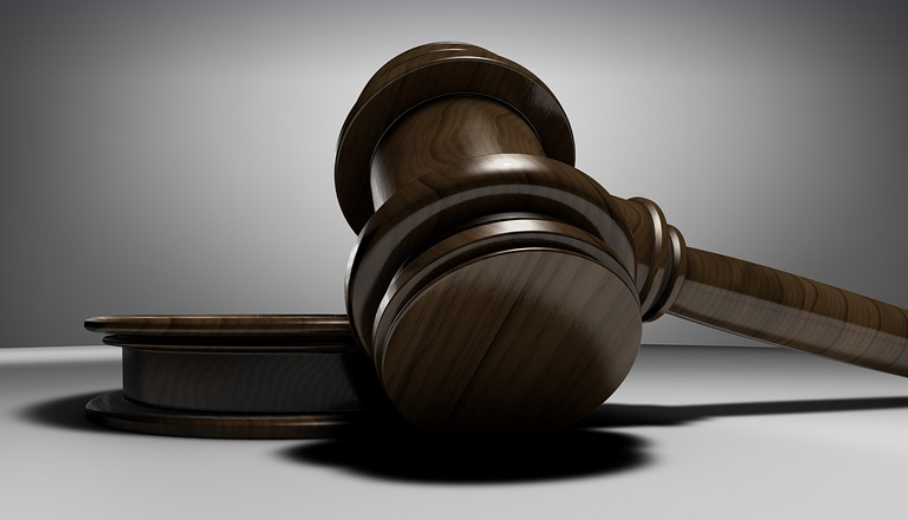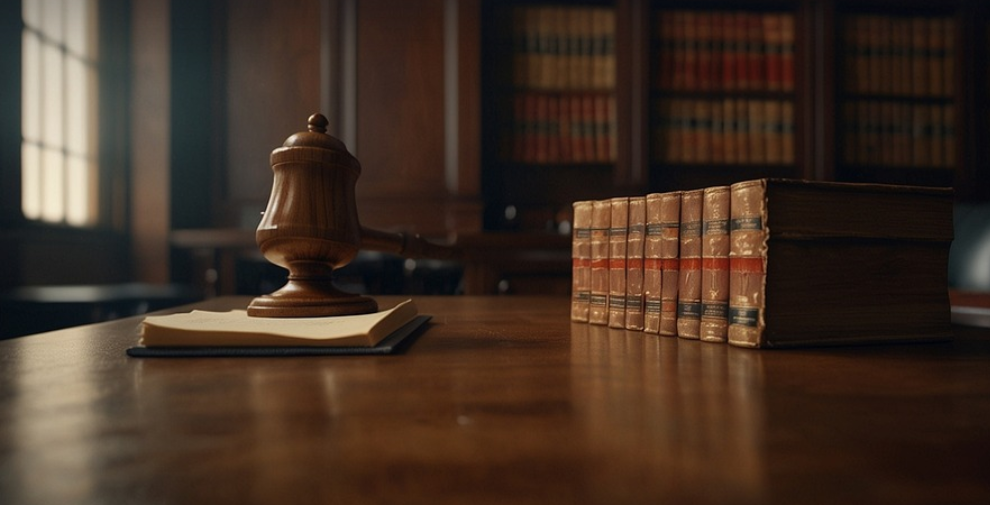A Comprehensive Guide to NFA-Registered Devices
So, you’re curious about suppressors and their legality in North Carolina? You’ve come to the right place. The world of gun laws can be confusing, especially when it comes to things like suppressors, those nifty devices that muffle the sound of your firearm. In this blog post, we’ll break down everything you need to know about suppressor regulations in North Carolina.
North Carolina has a specific set of rules regarding suppressors, which are often referred to as “silencers” or “muzzle brakes.” These rules apply under the federal law outlined by the National Firearms Act (NFA) and its corresponding state regulations.
Before we dive into those specifics, it’s essential to understand that suppressors aren’t just a trendy accessory; they are powerful tools with significant legal implications. The NFA dictates the ownership, transfer, registration, and use of these devices, making them subject to federal laws and regulations.
Let’s start by shedding light on the fundamental aspects of suppressor legality in North Carolina:
Understanding the Basics of Suppressor Law
Firstly, it’s crucial to grasp that federally-registered suppressors fall under a stringent set of regulations outlined by the NFA. This means they are not simply “legal” like owning a standard firearm; they require special permits and procedures.
The NFA establishes a strict framework for these devices, requiring owners to go through a lengthy process to obtain them. The specifics of this process can be daunting, so it’s best to consult with experienced professionals in the field.
While some states have relaxed their regulations on suppressors, North Carolina maintains its stance as one that takes these devices very seriously. The state considers them a significant security threat and therefore requires additional measures for their acquisition and use.
Navigating the Regulatory Landscape
The first hurdle on your path to owning a suppressor is understanding the NFA registration requirement. This process involves submitting an Application for a Federal Firearms License (FFL-03) from the ATF.
This application requires you to provide detailed information about yourself, your firearm history, and your reasons for seeking a suppressor. It also necessitates a background check through your state’s Department of Justice or other relevant authority.
Once you submit this application, the ATF will conduct an elaborate investigation to ensure your eligibility for a suppressor. They carefully evaluate your background, criminal record, and mental health status; this is part of their commitment to national security.
After the investigation, the ATF will either approve or deny your request. If approved, you’ll receive a registration number that grants you legal possession of your suppressors. It’s important to note that there are substantial waiting periods associated with this process, and the entire procedure can be lengthy.
Remember: obtaining a suppressor is not just about owning a tool; it involves navigating complex legal frameworks, background checks, and strict regulations.
Understanding the Process of Suppressor Registration
The registration process for suppressors can seem daunting, but breaking it down into smaller steps makes it more manageable. Here’s a simplified overview:
- **Submit your application:** Begin by filing Form 4, the Federal Firearms License Application (FFL-03), with the Bureau of Alcohol, Tobacco, Firearms and Explosives (ATF). This form provides detailed information about you, your firearm history, and reasons for seeking a suppressor.
- **Background checks:** The ATF conducts thorough background checks to ensure your eligibility. These checks involve investigating your criminal record, mental health status, and other relevant factors.
- **ATF review:** After the submission of your application, the ATF will conduct a thorough review to ensure you meet all legal requirements associated with owning a suppressor. This review can take several months.
- **Approval or denial:** The ATF’s decision on your request for a suppressor is communicated to you. If approved, you’ll receive a registration number that allows you to formally possess the suppressor. The process can be lengthy and complex depending on your application.
Key Considerations for Suppressors in NC
Owning a suppressor comes with several important considerations, both legal and practical:
- **Legality:** It is illegal to purchase or possess a suppressor without first obtaining the necessary registration through the ATF.
- **Restrictions:** There are strict restrictions on when and where you can use suppressors. For example, they may not be allowed in certain public areas, such as parks.
- **Storage & Transport:** Suppressors must be stored properly and transported according to ATF regulations. Failing to do so can lead to legal consequences.
Navigating the Legal Landscape: Resources
Understanding suppressor laws can seem overwhelming, but there are resources available to guide you through the process:
- **Bureau of Alcohol, Tobacco, Firearms and Explosives (ATF):** The ATF’s website offers comprehensive information on suppressor regulations, including application forms and instructions.
- **North Carolina State Government:** You can find state-specific guidelines on firearm ownership and legal requirements.
- **Legal Professionals:** Consulting with an attorney who specializes in firearms law is highly recommended to ensure compliance and receive expert advice.
Conclusion: A Note of Caution
Suppressors offer significant benefits for firearm enthusiasts, including reduced noise pollution, increased accuracy in close range shooting, and a sense of control over their firearms. However, it’s crucial to remember that their ownership comes with legal responsibilities.
Navigating the intricacies of suppressor laws in North Carolina requires careful planning and preparation. By understanding the regulations, obtaining the necessary permits, and remaining compliant with all local guidelines, you can enjoy the benefits of suppressors while prioritizing safety and legality.



